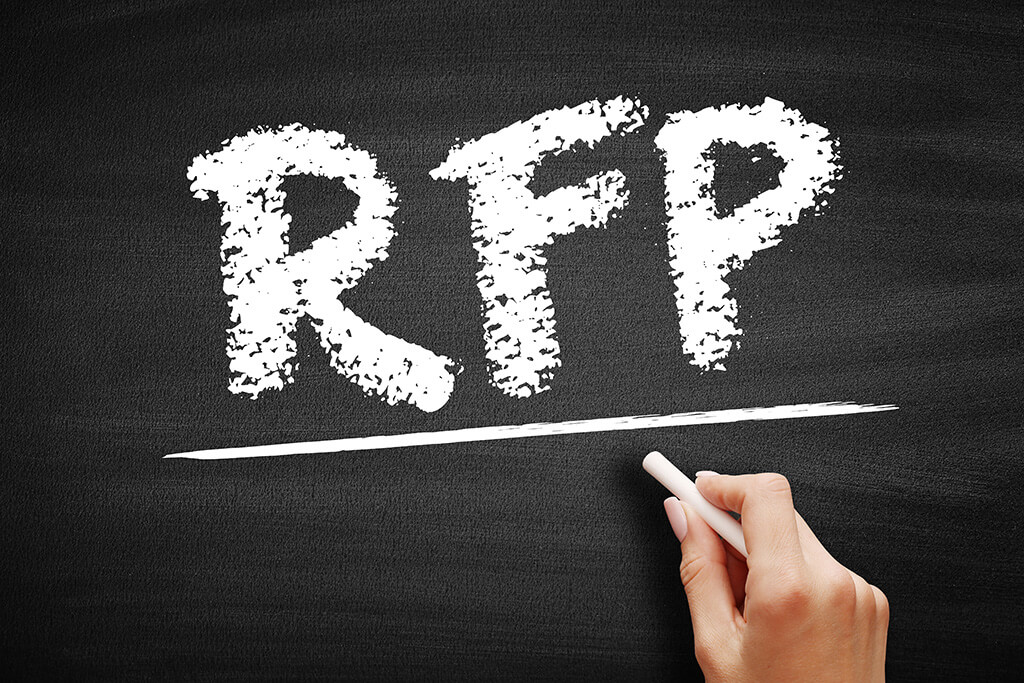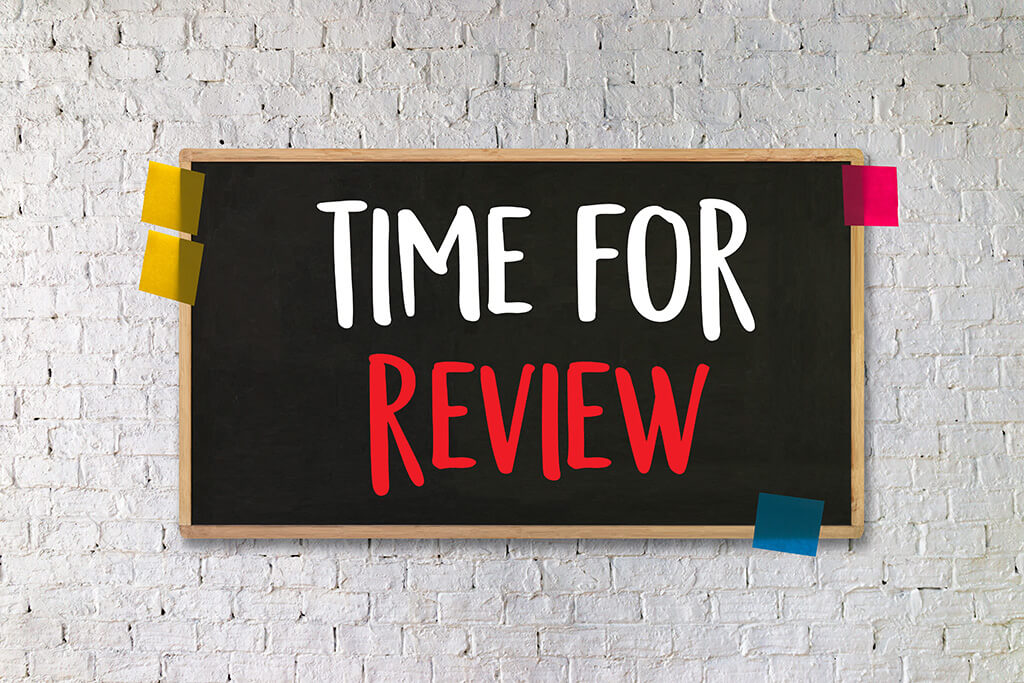Every year there are hundreds of agency selection processes in our industry.
Earlier this year we shared the principles that guide our agency review process. We developed these principles with an eye towards effectiveness on behalf of our clients and respect for agencies.
However, while we run a sizeable number of reviews and are a major “player” in reviews, many more reviews are run by clients themselves or by other consultants. The problem is that few people have ever been trained in how to run an agency review.
As a service to the industry we love, we’ve decided to broadly share our disciplined, thorough and successful process.
Here is your guide to running a modern agency review in a few quick sprints.
Sprint 1: The Needs Assessment
The first step is to make sure you’ve defined what you’re looking for!
What is the business need that must be addressed?
What’s the budget?
What agency capabilities are needed to achieve those marketing and business results?
What past experiences (industries served, business or marketing problems solved) are important?
What’s a conflict (an account you wouldn’t want your agency to serve)?
What is the role of scale (how big does the agency need to be) or geography (where must service be delivered)?
Do not start a review without nailing down a specific definition of the needs you have in an agency.
Sprint 2: Review & Narrow the Field
Using the Needs Assessment as the spec, review the world of agencies to see which may be a good fit. This step is really hard for most clients because very few marketers keep up to-date on the world of agencies. So how do you develop a sound list without hiring Mercer Island Group? Try these tricks:
- Review the AdAge, Adweek, Campaign Magazine and Drum lists (Agency of the Year, Small Agency of the Year, the A List, etc.)
- Review the Awards lists (Effies, Clios, Cannes, etc.)
- Phone a friend! Ask your friends for their advice.
- Subscribe to a datacenter (like AdAge Datacenter)
You goal should be to evaluate the agencies vis-a-vis the Needs Assessment you created in Sprint 1 and narrow the field to 8-10 agencies that look like a good fit.
Sprint 3: RFI
The Request for Information is a practical approach to narrow the field further. Create the RFI based on your Needs Assessment:
- What capabilities do you need to understand?
- What past experiences would you like to know about?
- What case studies can showcase that the agency has solved the kinds of business/marketing problems that your team faces?
- What makes the agency special?
Do not ask for too much! And do not ask more than 8-10 firms to respond to the RFI. If you do your upfront legwork well, it is absolutely unnecessary to invite more than 8-10 agencies. And, if you do invite more than 8-10, many will likely decline.
Do not ask for any spec work. The RFI is an opportunity for an agency to showcase why their past work and experience set them up well to be your partner.
Give the agencies two weeks to respond. They have businesses to run and will need to fit your request in – so be thoughtful, patient and kind. While you’re waiting for the responses to arrive, be sure you have developed evaluation criteria based on the Needs Assessment and the specific questions asked in the RFI. When the agency responses arrive, thank the agencies and clearly communicate next steps – including expected timing.
Evaluate the responses and pick four (no more!) finalists.
Sprint 4: The RFP
The ideal RFP package and process enables clients to make a holistic decision regarding the right agency – while enabling the agency to get a good feel for the prospective client. This is dating – and we want it to advance to a happy marriage. The ideal RFP process enables both prospective partners to put their best foot forward.

The RFP package should include:
- A SOW for costing
- A request for references
- Your MSA for redlining
- A business challenge for the agency to address
Each of these items is essential to the client and prospective agencies being able to evaluate each other.
Sprint 5: Q&A
Once the agency has the RFP package, the client should arrange an individual Q&A call with each agency. This is an opportunity for the agency to ask questions about the client’s business, target audiences and marketing programs.
Sprint 6: Strategy/Tissue Sessions
A strategy/tissue session is an opportunity for the agency to present their initial thinking and work in response to the business challenge. This is an important checkpoint for the agency to see if they are on the right track, and for the client to see how well the agency eventually addresses feedback. This can be done as a virtual meeting or in-person. Following the session, the client should be sure to deliver consolidated feedback, in writing, to the agencies.
Sprint 7: References, MSA Redlines & Cost Proposals
Prior to the final presentations, the client should check references, review any MSA redlines provided by the agencies and review their cost proposals.
Sprint 8: Finalist Presentations
The agencies present their response to the business challenge. This is ideally an in-person meeting. The focus should be on the client’s business and the agency’s recommended solutions rather than agency background, capabilities and case studies – all of which should have been well vetted by this point in the process.
Sprint 9: Visits
Coming out of the presentations there likely will be one or two firms that have separated themselves from the rest of the pack based on their overall fit with your team and business. This is the perfect time to visit them, resolve any unanswered questions and do a final chemistry check.

Sprint 10: Negotiation
You know what agency you want to work with. It’s time to make sure the two teams can find a mutually agreeable financial arrangement. The prior sprints have set up both the client and the agency for a final effort at working through the SOW and financial details, with a win/win mentality that ensures both parties can succeed.
Finally: Selection
You know at this point which agency you have the most confidence will help you drive your business and that you want to partner with. The fit is right; the talent is available; the i’s have been dotted and t’s have been crossed. It’s time to take the plunge and get married.

Wait, There’s More
The selection is just the start of a journey towards an effective working relationship. Be sure that you have disciplined and thorough processes in place for:
- Onboarding the new agency
- Transitioning from the prior agency to the new agency
- Respectfully debriefing the agencies that did not win your business
These are very important steps on the path to success. Feel free to give us a call and we can walk you through these important efforts.
Final Thoughts
Agencies often decline participation in review opportunities because the process appears flawed or chaotic or has too many competing agencies given the potential prize. This doesn’t mean you should simply hand over the business instead of running a review. Rather – run a good sound review! Be clear and fair and treat the agencies with respect. Remember, you are dating these agencies. Not only are you evaluating the agencies, but the agencies are also evaluating you!
By the way, every year there are articles in the major trade pubs that disparage reviews and argue for a simpler agency selection approach. The suggestion is often to simply visit a few agencies and have a nice discussion with them. That’s a fine idea assuming there is no risk involved in your agency selection effort and your business isn’t counting on the selection of the right agency. In most cases, selecting the right agency is very serious business. Businesses and careers can depend on a client finding the right agency partner. A good review process is important BECAUSE having the right agency partner is so darned important.
Having said that there are some bad practices in many reviews that need to be cleaned up:
- Unclear IP ownership
- Consultants or clients requiring finished spec work
- Consultants requiring agencies to pay to participate
- Consultants requiring agencies to pay to be listed or considered
- Unnecessary consultant processes like agencies required to submit videos to sell themselves
The Mercer Island Group agency review principles (here) were developed specifically to put a stake in the ground on how we believe fair and effective agency review processes should be run.
Steve Boehler, founder, and partner at Mercer Island Group has led consulting teams on behalf of clients as diverse as Zillow Group, Microsoft, UScellular, Nintendo, Ulta Beauty, Stop & Shop, Qualcomm, Brooks Running, and numerous others. He founded MIG after serving as a division president in a Fortune 100 when he was only 32. Earlier in his career, Steve Boehler cut his teeth with a decade in Brand Management at Procter & Gamble, leading brands like Tide, Pringles, and Jif.
